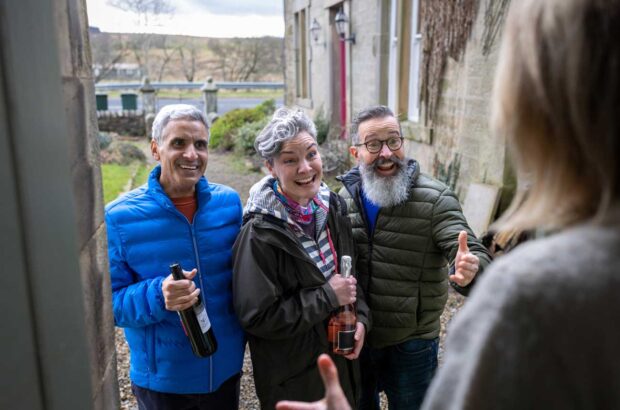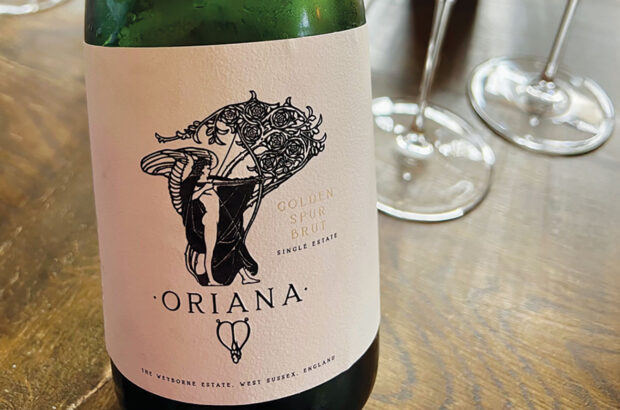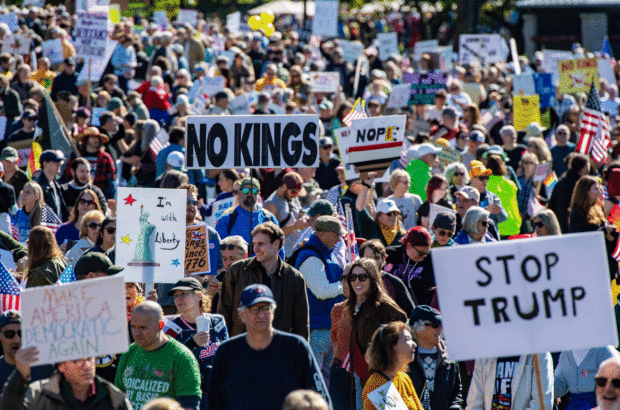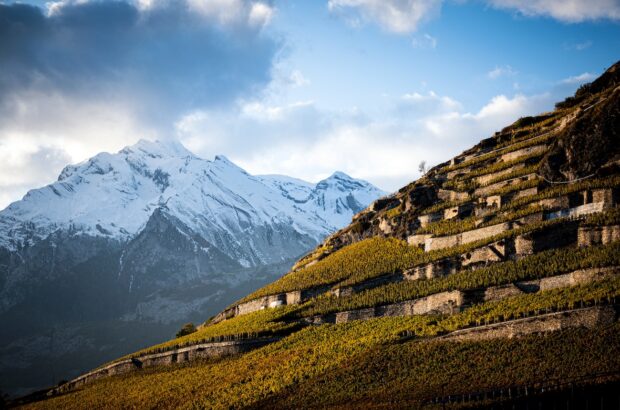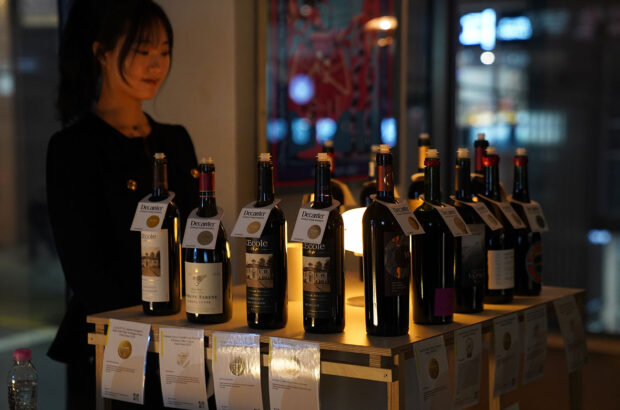Stone will remain on board as a brand ambassador and adviser to the business he created back in 2012. The winemaking team, spearheaded by Thomas Savre and Burgundian consultant Dominique Lafon, is still in place too.
‘We’re all still there and we’re going to keep making great wine, but we will have better resources,’ Stone told Decanter.com.
Stone, a Master Sommelier, purchased the 61 hectares Janzen Farm in Oregon’s Willamette Valley on December 31, 2012. He had been working at Evening Land’s adjacent Seven Springs vineyard, and he spotted the land’s immense potential.
‘When I came to run Evening Land, I looked across the road and saw this farm and I thought it had equivalent terroir and better exposure,’ said Stone. ‘I thought I could plant it with better materials and that at some point it could be as great as Seven Springs, or even greater.’
He was 60 years old when he finally bought the land, using money he raised by auctioning off a vast wine collection he had spent four decades building. That was supposed to be his retirement fund, but he ploughed it all into purchasing the farmland. Friends and family also chipped in, raising enough money for Stone to plant the land with Pinot Noir and Chardonnay.
‘I said, this is like being in Napa Valley in 1890 and being able to buy the best vineyard land for a song. I also compare it to the nobility having to sell their holdings to the commoners during the French Revolution. I was this commoner that was able to buy this great property called Domaine de la Romanée-Conti. It was a privilege to buy this land.
‘I began this project to demonstrate the quality of the terroir you can find in Oregon. I believed in the terroir of Oregon being compare in quality to that of some great Burgundy terroir – not the same as, but in its own way capable of making wines of the same finesse, structure and longevity that you find in great white Burgundy and red Burgundy.’
The original plan was to simply sell the grapes, as he lacked the funds to make wine himself. However, Lafon – one of the elder statesmen of Burgundy, who has been making some of the Cote de Beaune’s finest wines for decades – came on board and the rest is history. His protégé, Savre, became the head winemaker, with Lafon consulting.
The first wines were released in 2015, earning huge critical acclaim. The accolades have continued to pour in ever since.
The twin pressures of Covid and wildfires
By 2020, Lingua Franca wines were sold in dozens of states and 60 international markets, with a strong presence in Europe and Asia. However, Covid-19 and wildfires landed a two-punch combo that threatened to finish off the business.
‘Covid set us back. We had to switch our entire sales strategy to retail for 18 months to two years. We succeeded, but we didn’t grow the way we expected to in 2020, so we were behind on our plans. We then had the fires in 2020 that destroyed our entire vintage.
‘This necessitated a sale. I needed to keep paying people and paying the overheads, but I had no revenue for almost a year.’
Stone initially sought a partner, and he had many suitors, but Constellation came in and offered to buy the winery outright. The Fortune 500 company, whose brands include Robert Mondavi and beers such as Corona and Modelo, has created a new division called Aspira, which is on the hunt for high-quality, organically-farmed vineyards.
It had already identified Lingua Franca as a winery it was interested in, and it swooped when the opportunity arose.
‘The head of Aspira is Robert Hanson,’ said Stone. ‘He is a really forward-thinking person, who is really dedicated to the idea of responsible farming, of having wines with finesse and elegance and that respect the terroir of the place they are grown. It has been a wonderful transition, because I have known some of the people working there for decades. I trained a couple of people there in my days as a sommelier, so it’s a friendly environment that respects what we have done and wants to continue it.
‘So often with a larger company, you think, they’re promising this, but what will they deliver? Because things can change in a big company. But I have to say, they came through on their word down to the letter. Every single vineyard employee, every winemaking employee, every office employee but one, and I have remained with the company and have better positions than we had before.
‘Dominque Lafon is staying on. We’re all there. We’re going to keep making great wine, but we will have better resources to improve our farming and explore polyculture. It’s all very exciting to Aspira.’
In the short-term, there will be a dearth of supply. ‘We won’t have any 2020. Berry Bros in the UK is getting the last of our 2019 vintage. Anyone that likes our wines would be advised to buy what they see now, because there will be a gap, but after that, there will an increase in supply.’
Lingua Franca has previously sold up to 40% of the grapes it grows to fellow producers, but that will now be brought in house. It will also buy more fruit to expand its Willamette Valley brand.
‘We will have a bigger market now. We are limited by our estate size, but we will be able to expand our Avni Willamette Valley brand, so that people who want to have a really good glass of wine that reflects our terroir in Oregon can do so going forward. That will be available in bigger quantities in shops and restaurants.’


